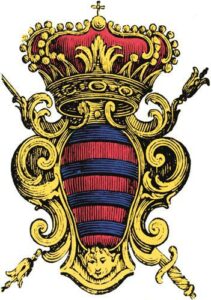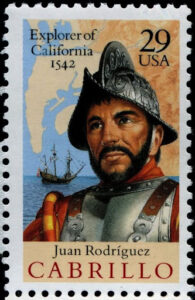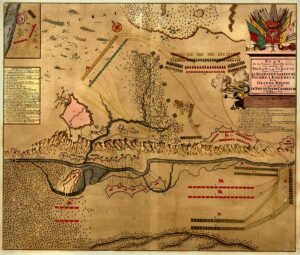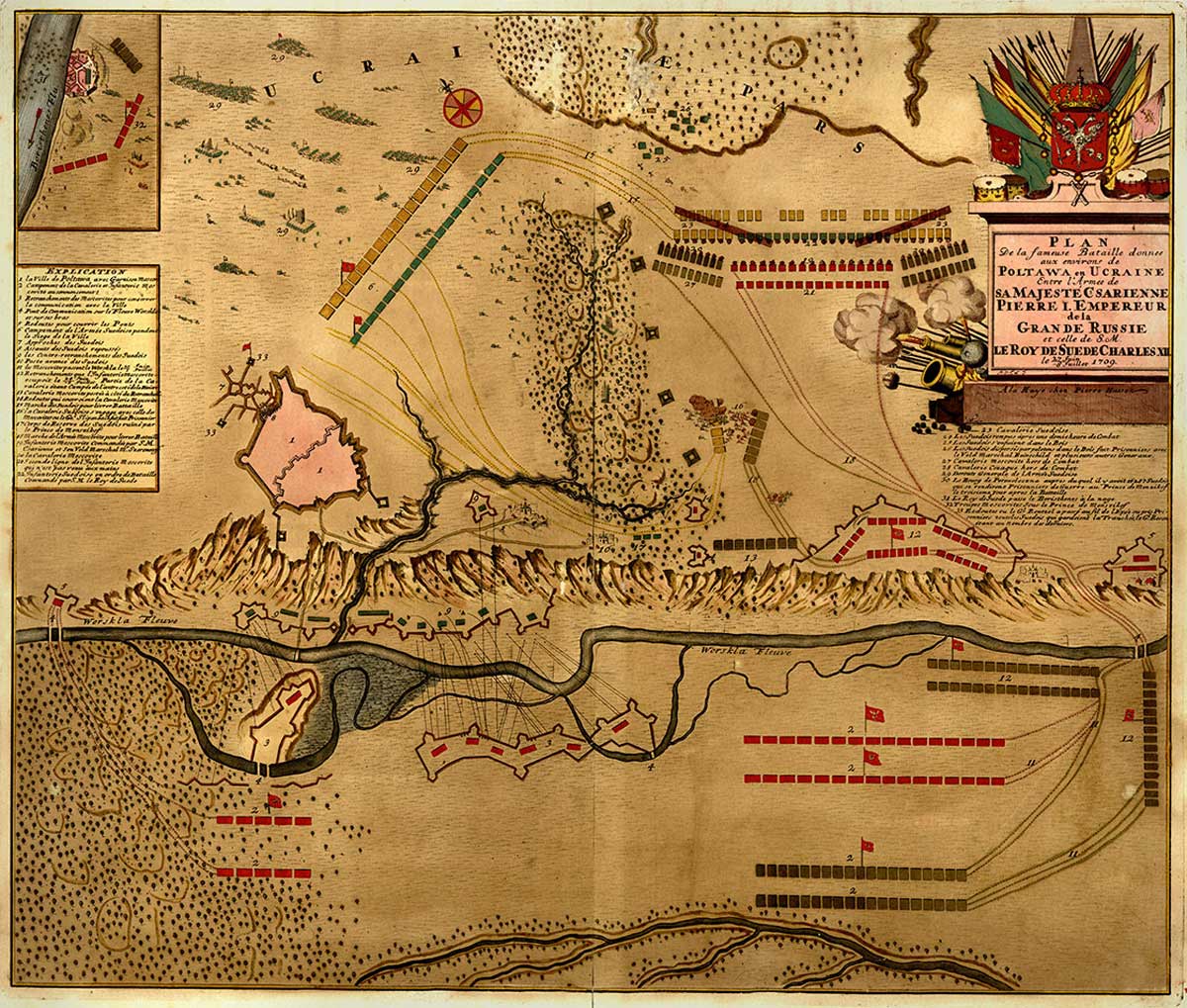Your basket is currently empty!
992 – Battle of Conquereuil

On June 27, 992, the Battle of Conquereuil was fought between Fulk the Black of Anjou and Conan I of Brittany. Conan had besieged Nantes but was forced to retreat and face Fulk’s forces. The battlefield was rigged with hidden pits to trap cavalry, giving the Bretons an early advantage. However, Fulk launched a surprise counterattack that turned the tide. Conan, believing victory was assured, removed his armor and was ambushed and killed. His death led to a decisive Angevin victory. The battle solidified Fulk’s power in western France. It remains a key moment in the medieval struggle for dominance in Brittany.
1358 – Republic of Dubrovnik Founded

On June 27, 1358, the Republic of Dubrovnik declared independence from Venetian rule. This followed the Treaty of Zadar, which ended Venetian control over Dalmatian cities. Dubrovnik quickly established itself as a maritime republic with its own currency, flag, and diplomatic corps. The city became a major trading hub between the East and West. Its motto, “Liberty is not sold for all the gold in the world,” reflected its fierce independence. Dubrovnik maintained autonomy through skilled diplomacy, even under Ottoman suzerainty. The republic thrived until Napoleon dissolved it in 1808. Today, it stands as a symbol of Croatian resilience and cultural heritage.
1542 – Cabrillo Departs to Explore the Pacific Coast

On June 27, 1542, Juan Rodríguez Cabrillo set sail from the port of Navidad in Mexico. His mission was to explore the uncharted Pacific coastline for the Spanish Empire. Cabrillo’s expedition became the first European voyage to reach what is now California. He mapped parts of the coast and interacted with Indigenous peoples. His journey laid the groundwork for future Spanish colonization. Cabrillo died during the expedition, but his legacy endures. Today, Cabrillo is remembered as a pioneering explorer of the New World. His voyage marked a turning point in European exploration of North America’s west coast.
1709 – Battle of Poltava

On June 27, 1709, the Battle of Poltava took place during the Great Northern War. Russian forces under Peter the Great decisively defeated the Swedish army led by Charles XII. The battle ended Sweden’s status as a major European power. It marked the rise of Russia as a dominant force in Eastern Europe. Charles XII fled to the Ottoman Empire after the defeat. The victory allowed Peter to expand Russian influence westward. Poltava is considered one of the most important battles in Russian military history. It reshaped the balance of power in 18th-century Europe.
1954 – World’s First Nuclear Power Plant Activated

On June 27, 1954, the Obninsk Nuclear Power Plant in the Soviet Union became the world’s first to generate electricity. Located southwest of Moscow, the plant marked the dawn of the nuclear energy era. It produced enough power to light a small town. The event demonstrated the peaceful potential of atomic energy. Obninsk operated for 48 years before being decommissioned. Its success inspired the construction of hundreds of nuclear plants worldwide. The plant remains a symbol of Cold War-era scientific achievement. June 27 is now a landmark date in the history of nuclear technology.
1972 – Atari, Inc. Founded

On June 27, 1972, Atari, Inc. was founded by Nolan Bushnell and Ted Dabney. The company revolutionized the video game industry with arcade hits like Pong. Atari became a household name during the 1970s and 1980s. It laid the foundation for home gaming consoles and digital entertainment. The brand helped popularize video games as a mainstream form of entertainment. Atari’s innovations influenced generations of game developers. Its legacy lives on in retro gaming culture and modern game design. June 27 marks the birth of one of the most iconic names in tech history.

